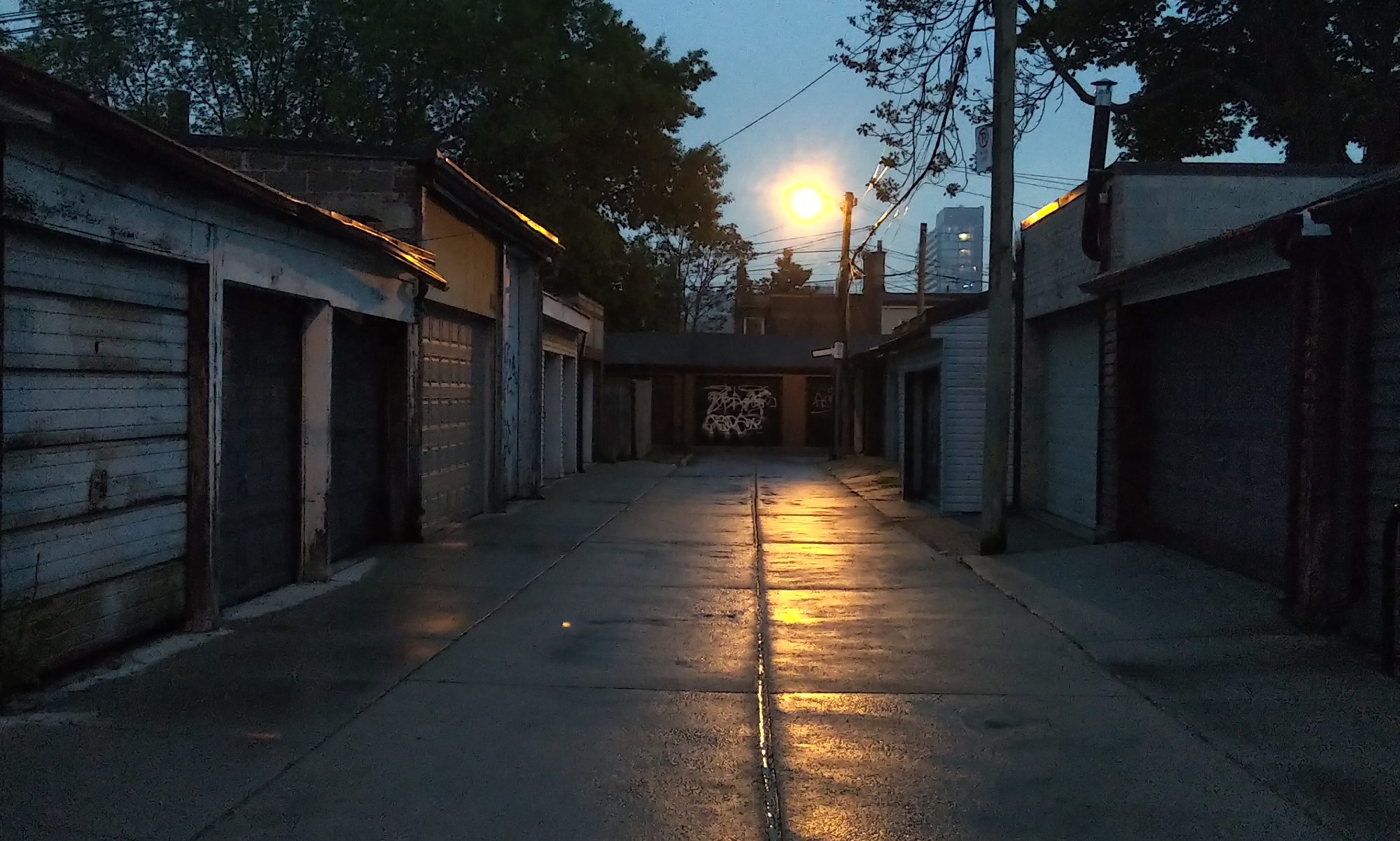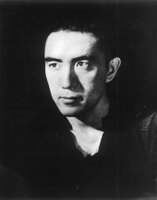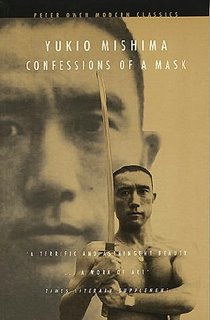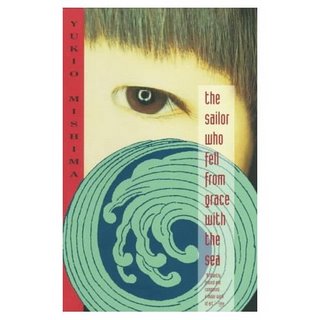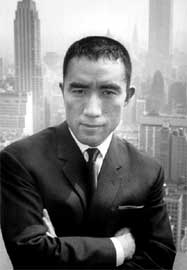As mentioned in my previous post, a couple of things occurred to me while I started reading Steppenwolf.
As mentioned in a previous previous post (here), I write fiction. I’ve written one novel and have since completed the rough draft of a second. When I started reading Steppenwolf I realised (at the point where Harry meets Hermine 1) that it shared a parallel storyline with my second novel.
I clearly remember starting to sweat, followed by some muffled swearing.
If there was anything that freaked me out at the time, it was the fear that I was going to open a book (whether it be a novel or a collection of short stories) to discover that something I’ve written had been, as they say, “done before”. In retrospect there isn’t much reason for this fear – unless one is directly influenced by something it would be a hell of a coincidence to write something that was so similar to a previously published work that you should have to worry – particularly if it’s something as complex and individualistic as a novel.
But I was concerned; I thought to myself: F*!king bastard Hermann Hesse and his f$~king storylines. But I digress…
I turned to my writing group 2. I asked them: has anyone opened a book to discover some freak-assed psychic parallel to something you’re currently working on? The answer, surprisingly, was yes – all the time, in fact. Synchronicity happens more often than we think, as it turns out.
Thinking about it, it makes sense; assuming we aren’t forced to read the books that we do (as in school) we end up reading those works which appeal to us – as readers and perhaps subconsciously as writers also. So it should come as no surprise to find narratives, plots, or characters that ring familiar.
1. Harry & Hermine sounds like the name of a Hollywood adaptation.
2. I’m blessed to have such a good writer’s group – most of us were students of DM Thomas at the Humber College School for Writers.
